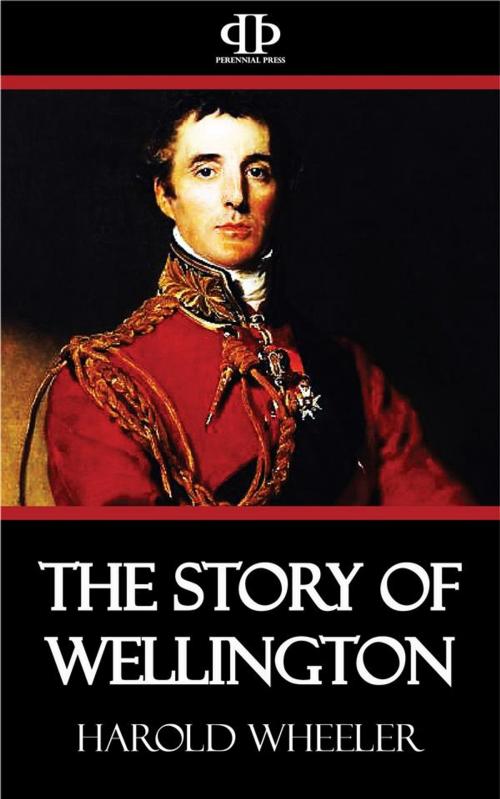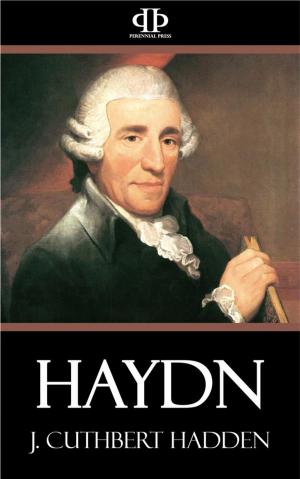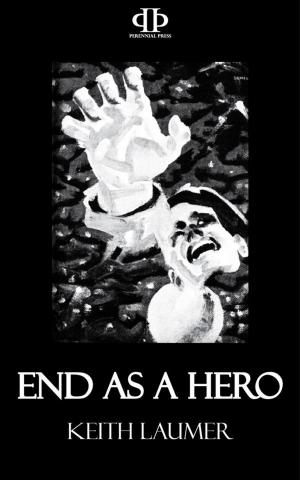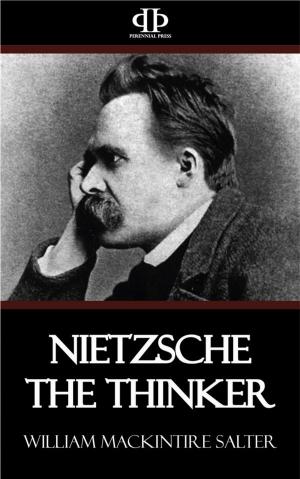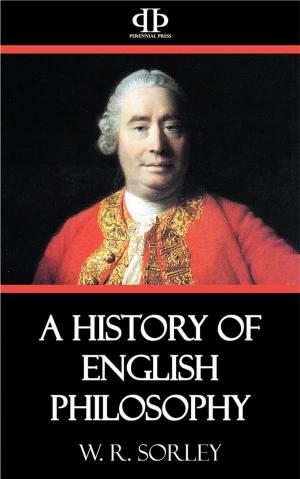The Story of Wellington
Nonfiction, History, Modern, 19th Century, Biography & Memoir, Historical, Military| Author: | Harold Wheeler | ISBN: | 9781518373688 |
| Publisher: | Perennial Press | Publication: | January 16, 2016 |
| Imprint: | Language: | English |
| Author: | Harold Wheeler |
| ISBN: | 9781518373688 |
| Publisher: | Perennial Press |
| Publication: | January 16, 2016 |
| Imprint: | |
| Language: | English |
Gathering clouds, dark and ominous, obscured the political horizon in the year 1769. The habitués of London coffee-houses discussed one of three things—“The Letters of Junius,” the most remarkable series of political exposures ever penned; the election of the notorious John Wilkes for Middlesex; and the rebellious conduct of the North American colonists. On the other side of the Channel the Duc de Choiseul was skilfully planning ways and means of fanning into a fierce outburst the flames of discontent now flickering in the West. To heap coals of fire on the country which, during the Seven Years’ War (1756–63), had enforced her claims to Canada and India, would be a triumph worthy of the statesman who had banished the Jesuits from the hereditary possessions of Louis XV.
Had the people who lived in those stirring times been gifted with the power of penetrating the future, their eyes would have turned in the eventful year of 1769 from the larger stages to the comparatively insignificant islands of Corsica and Ireland, for the former was the birthplace of Napoleon and the latter of Wellington, and both were born in 1769.
There are other remarkable coincidences connected with the childhood of Napoleon and Wellington. Their respective fathers were easy-going, unpractical men, their mothers were women of marked force of character, left widows early in life with large families. In addition, the hero of Austerlitz was the fourth child of Letizia Bonaparte, his conqueror at Waterloo the fourth son of the Countess of Mornington.
A certain amount of obscurity is associated with their juvenile days. Although the date of the entrance into the world of “the little Corporal” is now fairly well established, it was long before historians ceased to discuss it. There is still much uncertainty as to that of Wellington. The Duke was always vague on the point, and celebrated his birthday on the 1st May, which is the day following that on which he was baptized at St Peter’s, Dublin, presuming the parish register to be correct. Lady Mornington announced that Arthur was a Mayday boy, but her nurse as stoutly maintained that the event took place on the 6th March. Dangan Castle, West Meath, and Mornington House, Marion Street, Dublin, contest the honour of being his birthplace. The witness for the country home is the afore-mentioned nurse; a prescription of the physician who attended Lady Mornington about the period was sent to a chemist in Ireland’s capital, and attests the claim of the town mansion. The matter is not of prime importance, but serves to show the somewhat casual habits of a less practical generation than our own. The real family name of the Westleys, Wesleys, or Wellesleys—the different forms were all used—was Colley or Cowley, but the Duke’s grandfather inherited the estates of his kinsman, Garret Wesley, on condition that he assumed that surname. He became Baron Mornington in 1747. It was the son of this fortunate individual, also a Garret, who was created the first Earl of Mornington in the year previous to his marriage to the eldest daughter of Viscount Dungannon. They became the parents of the future Duke of Wellington as well as of several other children...
Gathering clouds, dark and ominous, obscured the political horizon in the year 1769. The habitués of London coffee-houses discussed one of three things—“The Letters of Junius,” the most remarkable series of political exposures ever penned; the election of the notorious John Wilkes for Middlesex; and the rebellious conduct of the North American colonists. On the other side of the Channel the Duc de Choiseul was skilfully planning ways and means of fanning into a fierce outburst the flames of discontent now flickering in the West. To heap coals of fire on the country which, during the Seven Years’ War (1756–63), had enforced her claims to Canada and India, would be a triumph worthy of the statesman who had banished the Jesuits from the hereditary possessions of Louis XV.
Had the people who lived in those stirring times been gifted with the power of penetrating the future, their eyes would have turned in the eventful year of 1769 from the larger stages to the comparatively insignificant islands of Corsica and Ireland, for the former was the birthplace of Napoleon and the latter of Wellington, and both were born in 1769.
There are other remarkable coincidences connected with the childhood of Napoleon and Wellington. Their respective fathers were easy-going, unpractical men, their mothers were women of marked force of character, left widows early in life with large families. In addition, the hero of Austerlitz was the fourth child of Letizia Bonaparte, his conqueror at Waterloo the fourth son of the Countess of Mornington.
A certain amount of obscurity is associated with their juvenile days. Although the date of the entrance into the world of “the little Corporal” is now fairly well established, it was long before historians ceased to discuss it. There is still much uncertainty as to that of Wellington. The Duke was always vague on the point, and celebrated his birthday on the 1st May, which is the day following that on which he was baptized at St Peter’s, Dublin, presuming the parish register to be correct. Lady Mornington announced that Arthur was a Mayday boy, but her nurse as stoutly maintained that the event took place on the 6th March. Dangan Castle, West Meath, and Mornington House, Marion Street, Dublin, contest the honour of being his birthplace. The witness for the country home is the afore-mentioned nurse; a prescription of the physician who attended Lady Mornington about the period was sent to a chemist in Ireland’s capital, and attests the claim of the town mansion. The matter is not of prime importance, but serves to show the somewhat casual habits of a less practical generation than our own. The real family name of the Westleys, Wesleys, or Wellesleys—the different forms were all used—was Colley or Cowley, but the Duke’s grandfather inherited the estates of his kinsman, Garret Wesley, on condition that he assumed that surname. He became Baron Mornington in 1747. It was the son of this fortunate individual, also a Garret, who was created the first Earl of Mornington in the year previous to his marriage to the eldest daughter of Viscount Dungannon. They became the parents of the future Duke of Wellington as well as of several other children...
